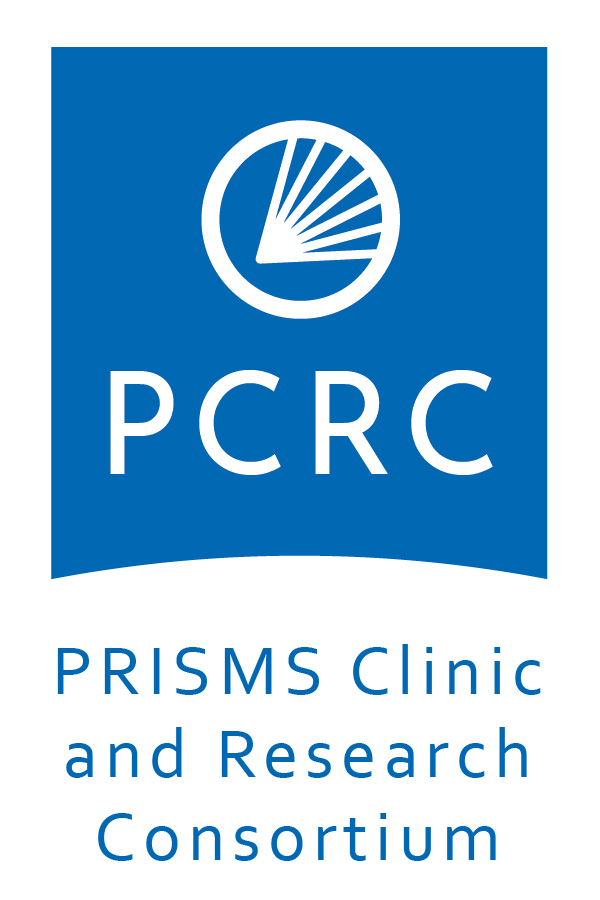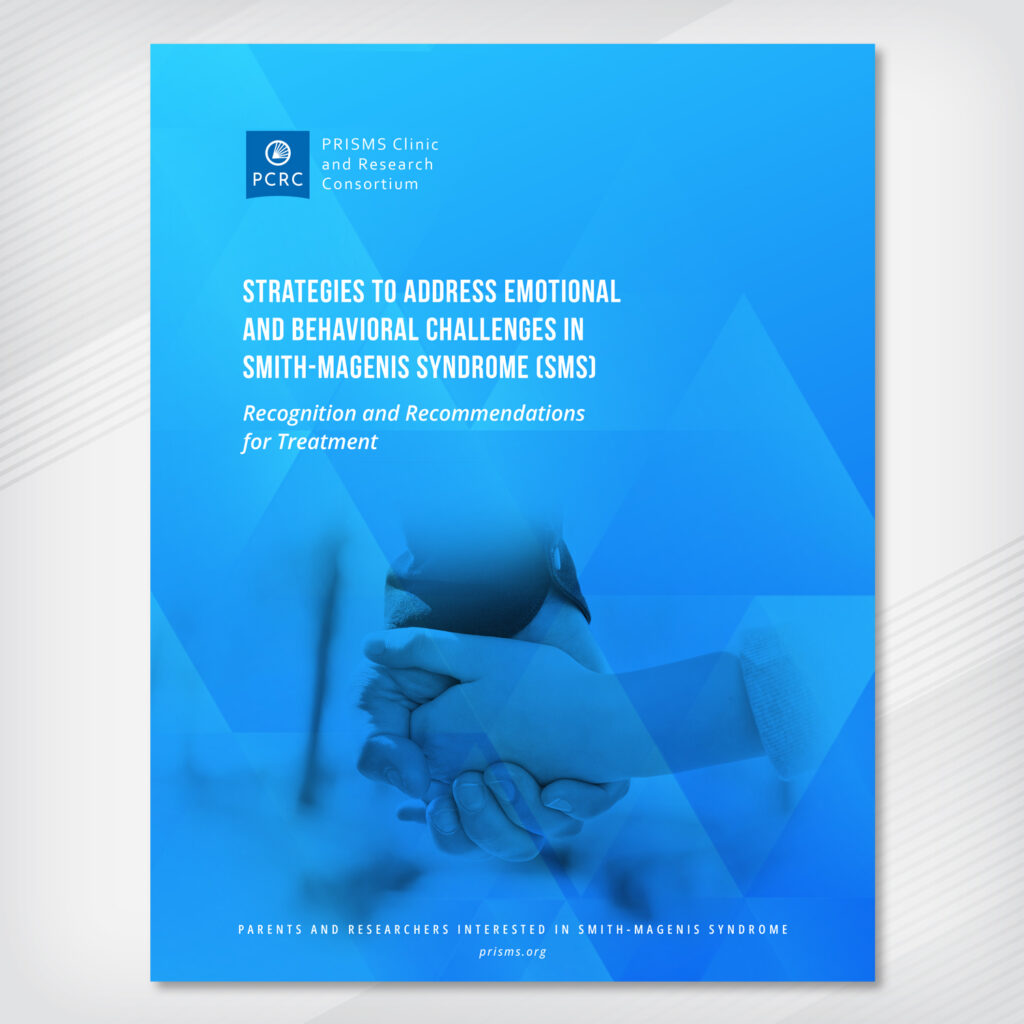
PRISMS is pleased to announce another online publication in its series of family-friendly treatment recommendations. This series is designed to provide essential information to parents, caretakers, and other professionals who may be providing services to an individual with Smith-Magenis syndrome (SMS), but who are not SMS experts.
PRISMS family-friendly treatment recommendations are developed and reviewed by members of the PRISMS Clinic & Research Consortium (PCRC) as well as outside experts the PCRC may invite as contributors. They are also reviewed by members of the PRISMS Professional Advisory Board (PAB). The recommendations are consensus-based and represent the expert opinion of the PCRC. In addition, as research better informs us about SMS, the documents will include additional evidence-based recommendations.

Approaches to understanding emotional and behavioral challenges in Smith-Magenis syndrome (SMS) vary but should begin with an awareness of traits commonly observed among individuals with SMS. Educators, clinicians, and others who work with children and adults with SMS often find them to be energetic, enthusiastic, and endearing. Although strengths exist, individuals with SMS also commonly demonstrate significant challenges with emotional and behavioral dysregulation across the lifespan, which can often pose difficulties for individuals with SMS, their families, professionals, and community members who interact with them.
The guidebook guidelines offer recommendations for parents and those caring for individuals with SMS to approach emotional and behavioral challenges by understanding the person, the syndrome, and effective strategies.
Spearheaded by Barbara Haas-Givler and Becky Foster, these treatment recommendations represent countless hours of collaboration among the authors over the course of two years. Members of the PAB, PCRC, and leaders in our SMS community, Christine Brennan, Kerry Boyd, Hanna Hildenbrand, Mary Beall, and Cora Taylor contributed to the guidelines in a multidisciplinary approach to strategies and recommendations.
You can find this publication on the Publications & Resources page: https://www.prisms.org/education/publications-and-resources/.
We hope you find this publication useful. If you have feedback on other helpful publications you would like to see, please reach out to us with your ideas at info@prisms.org.
PRISMS relies on generous donations and support from individuals, like you. Please consider a tax-deductible donation to PRISMS today to support the development of future publications.


